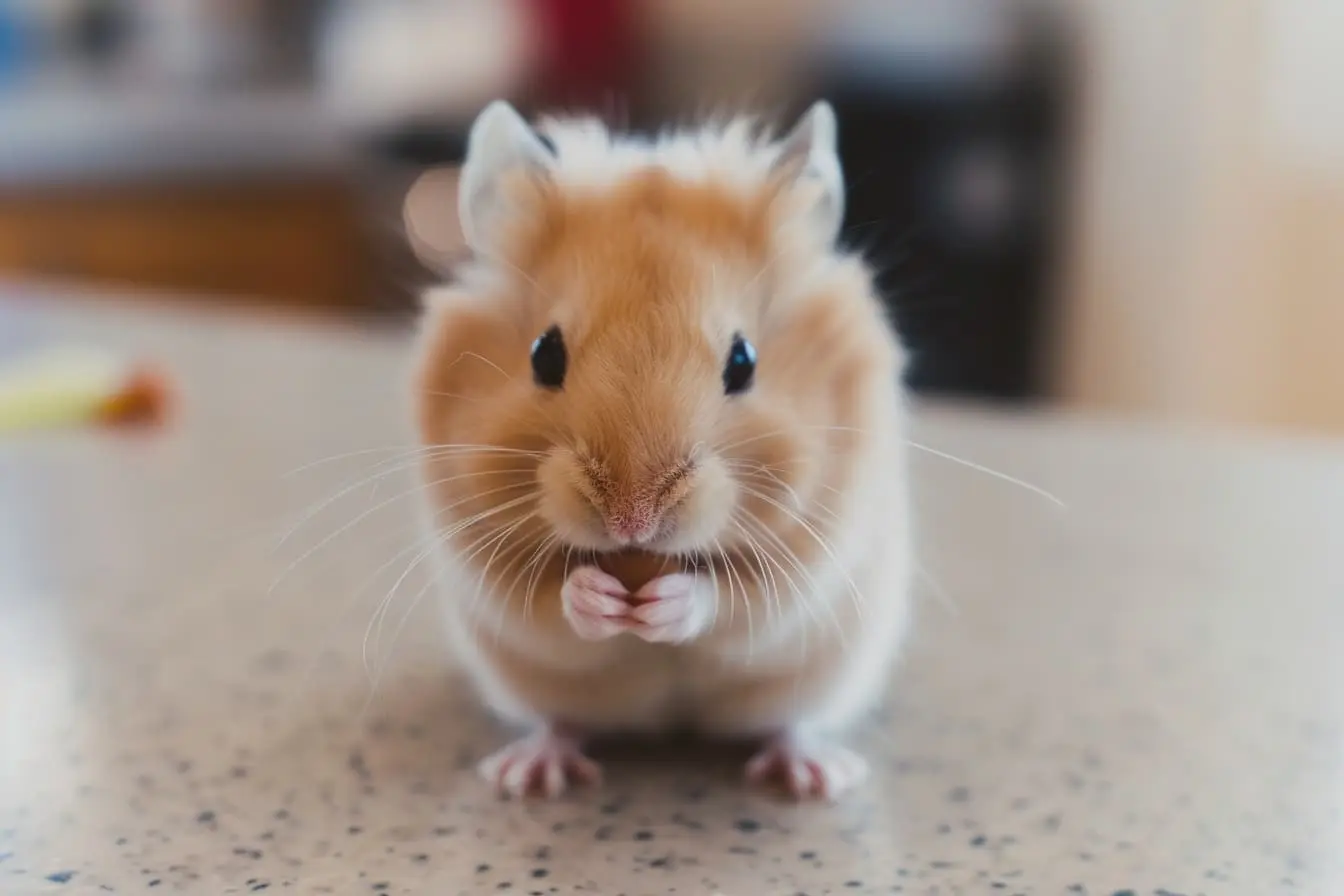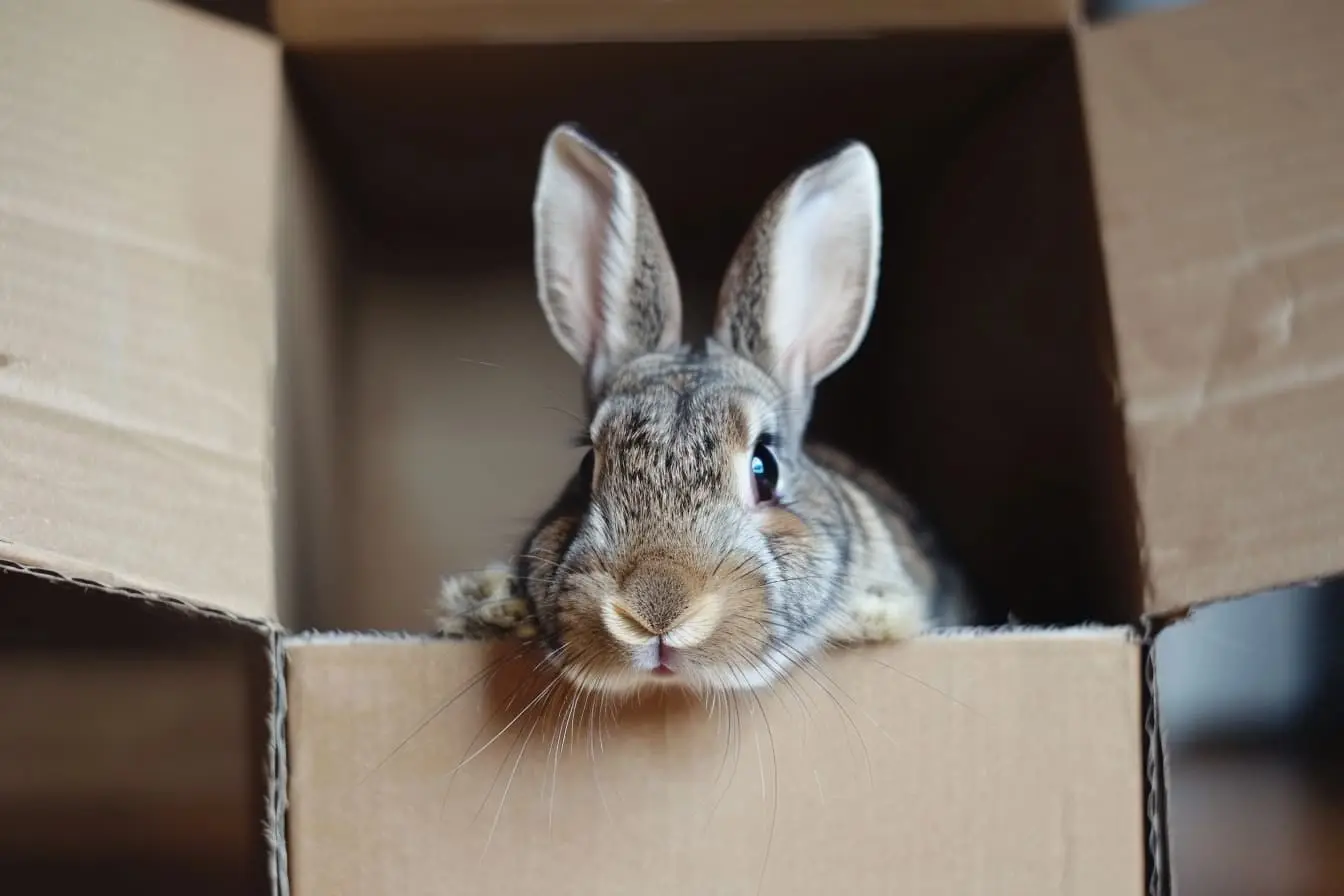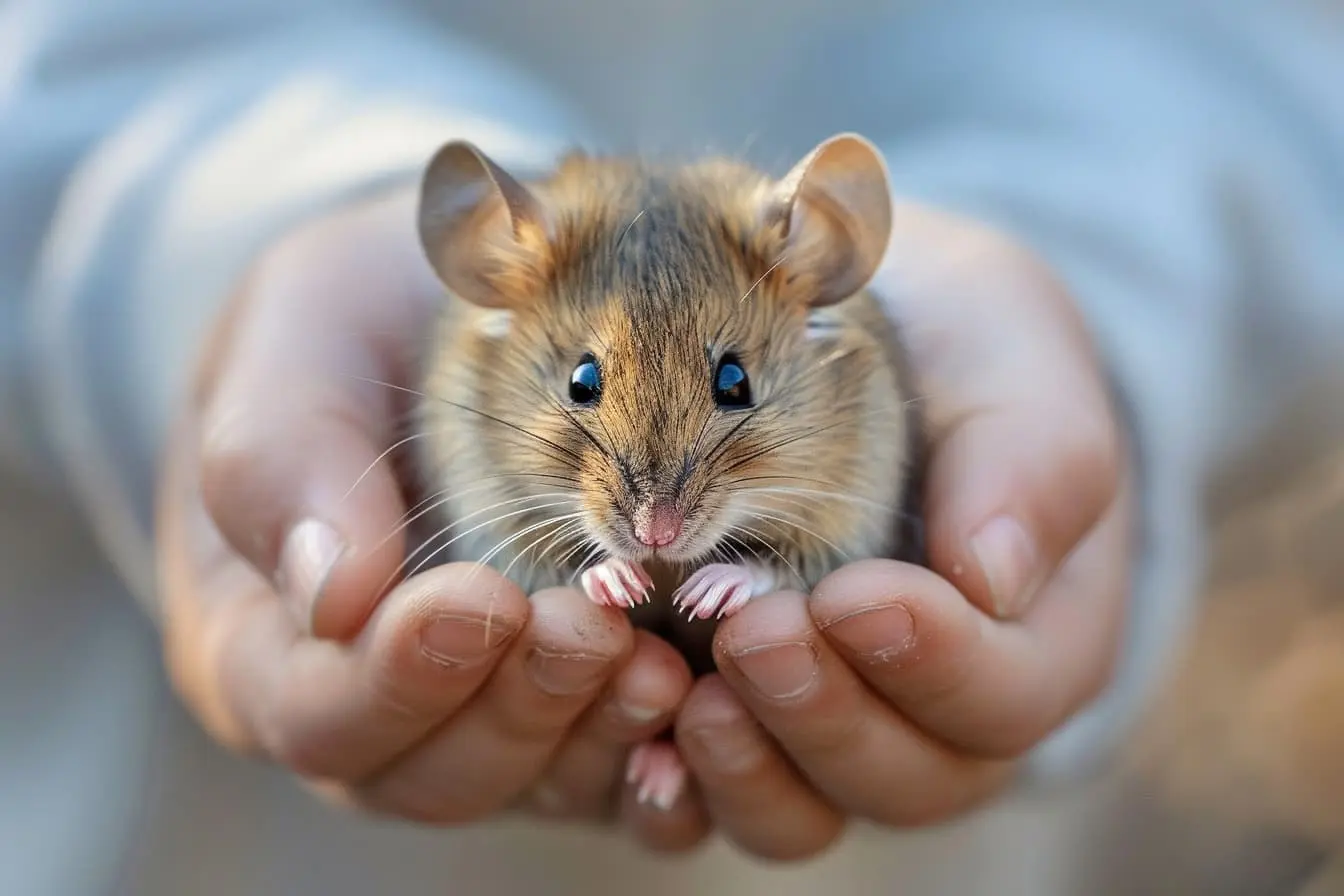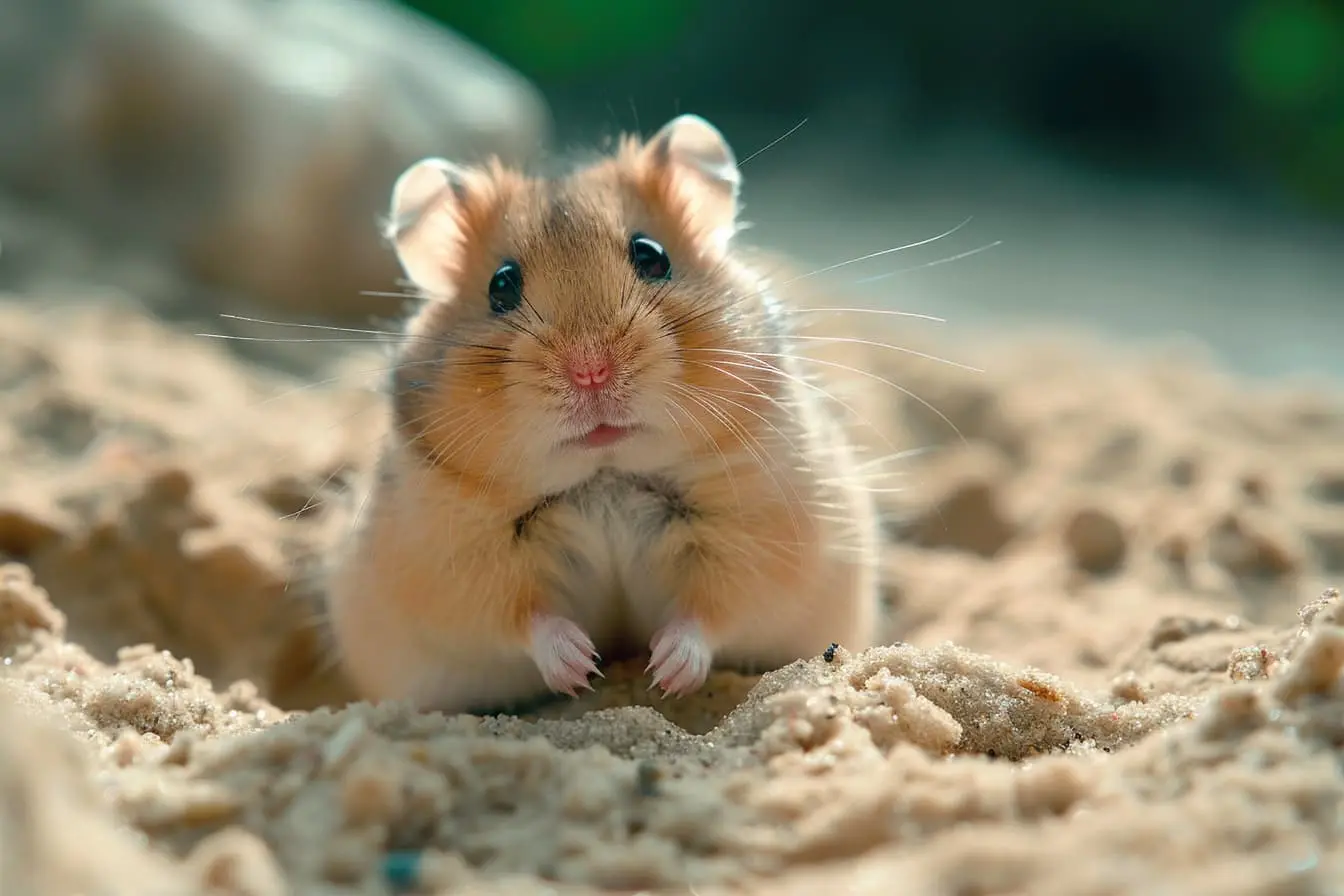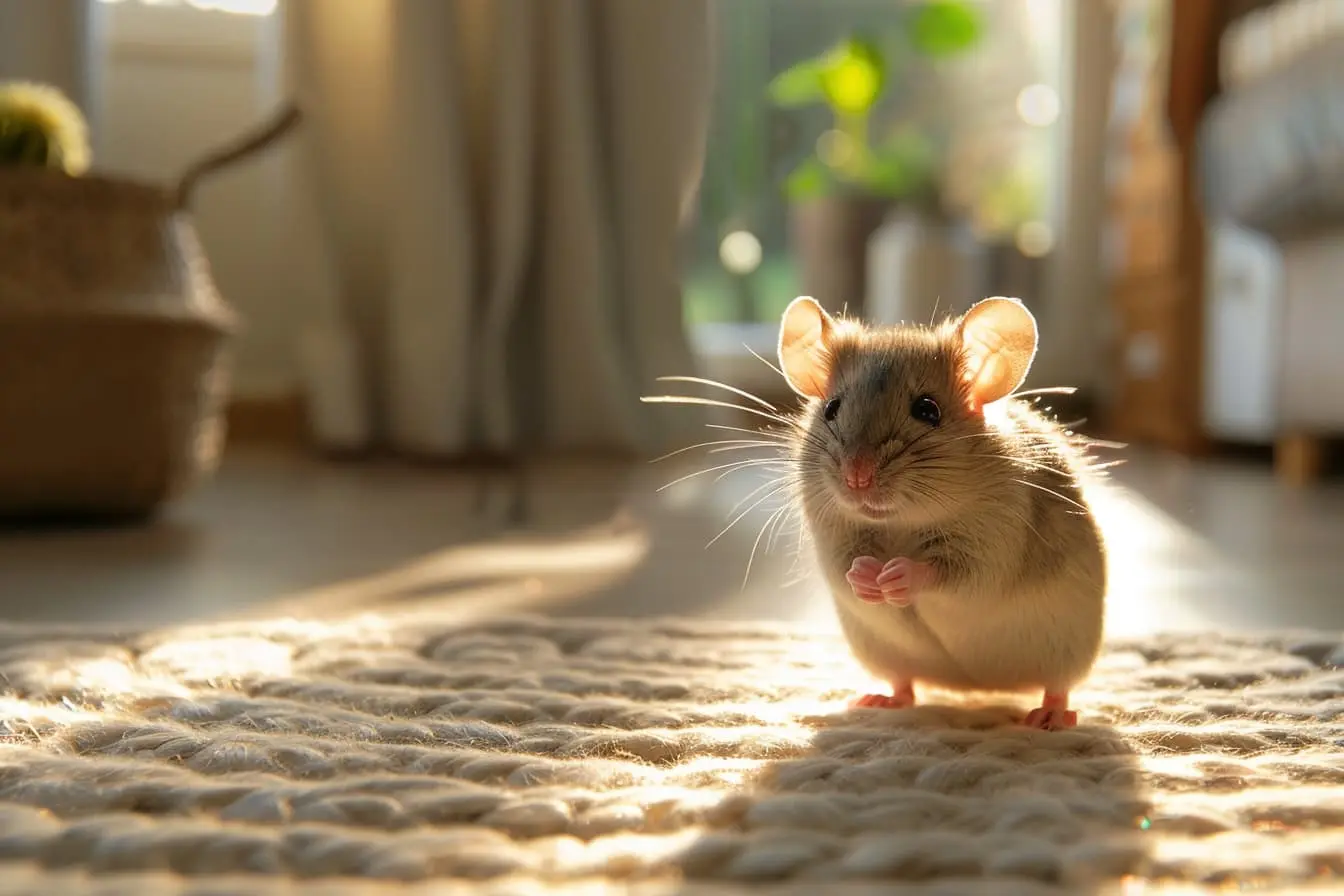
The Ultimate Nutrition Guide for New Mouse Owners: Feeding Your Furry Companion
Congratulations on your new furry friend! Mice are fascinating, intelligent creatures that make delightful pets. Providing them with a balanced diet is crucial for their health and longevity. This guide is tailored for new mouse owners, offering comprehensive insights into the nutritional needs of pet mice. Here’s everything you need to know to ensure your mouse thrives under your care.
Understanding Mouse Nutrition
Pet mice are omnivores, which means they thrive on a diet comprising both plant-based and animal-based foods. A well-balanced diet is essential for their overall health, supporting everything from their fur to their fragile bones. Let’s break down the components of a healthy mouse diet.
The Basis of the Diet: Mouse Pellets or Blocks
Commercially prepared mouse pellets or blocks should form the basis of your mouse's diet. These pellets are formulated to provide a balanced mix of nutrients, including proteins, carbohydrates, vitamins, and minerals essential for your mouse's health. Pellets also have the added benefit of reducing selective eating, ensuring your mouse receives a well-rounded diet.
The Importance of Variety: Fresh Foods
In addition to pellets, it’s important to offer fresh foods to provide variety and additional nutrients. Fresh foods can include:
- Vegetables: Broccoli, carrots, peas, and cucumbers are excellent choices. These should be washed thoroughly and cut into small pieces to avoid choking hazards.
- Fruits: Apples (without seeds), bananas, and berries can be offered in moderation due to their high sugar content.
- Protein sources: Cooked lean meats, boiled eggs, and mealworms can be given occasionally for extra protein.
Fresh foods should not make up more than 10% of your mouse’s diet to prevent digestive issues.
Grains and Seeds: Occasional Treats
While grains and seeds can be part of your mouse’s diet, they should be given in moderation as treats rather than staples. Offering a mix of grains, like oats or barley, and seeds, such as pumpkin or sunflower seeds, can provide enrichment and variety. However, these are high in fat and should be given sparingly to avoid obesity.
Water: Essential for Life
Always ensure your mouse has access to fresh, clean water. A sipper bottle is the best option, as it keeps the water clean and reduces spillage. Check and refill the water daily to ensure your mouse stays hydrated.
Foods to Avoid
Certain foods are toxic to mice and should always be avoided, including:
- Chocolate and caffeinated beverages
- Onions and garlic
- Citrus fruits
- Sugary or salty processed foods
- Raw beans and potatoes
Feeding Schedule and Portion Control
Mice tend to eat 15-20 small meals throughout the day and night. It’s best to refill their food bowl with pellets daily, removing any uneaten fresh food to prevent spoilage. Monitor your mouse’s weight and adjust portions as necessary to maintain a healthy weight.
Hygiene Practices
Maintain cleanliness in feeding practices to prevent the growth of bacteria. Wash all fresh food before serving, clean the water bottle and food dish regularly, and remove any uneaten fresh food promptly.
Conclusion
Providing your pet mouse with a balanced and varied diet is key to ensuring their wellbeing. By combining high-quality pellets with fresh foods and occasional treats, you’re not only catering to their nutritional needs but also offering them an interesting and enriched environment. Remember, a healthy diet is the foundation of a happy, healthy mouse. Welcome to the wonderful world of mouse ownership!
Vets near you
Speciality vets
- Aquatics vet specialists
- Birds vet specialists
- Camelids vet specialists
- Cats vet specialists
- Cattle vet specialists
- Deer vet specialists
- Dogs vet specialists
- Equines vet specialists
- Exotic vet specialists
- Goats vet specialists
- Pigs vet specialists
- Poultry vet specialists
- Sheep vet specialists
- Small Mammals vet specialists
- Wild vet specialists
Vet facilities
- Accessible by public transport
- Blood testing
- Car park nearby
- Client car park
- Dentistry
- Diagnostic imaging
- Disabled public access
- Flea and worm treatments
- Microchipping
- Mobile services
- Neutering
- Open at weekends
- Out-of-hours service
- Referral interests
- Referrals only
- Street parking outside
- Toilets available
- Vaccinations
